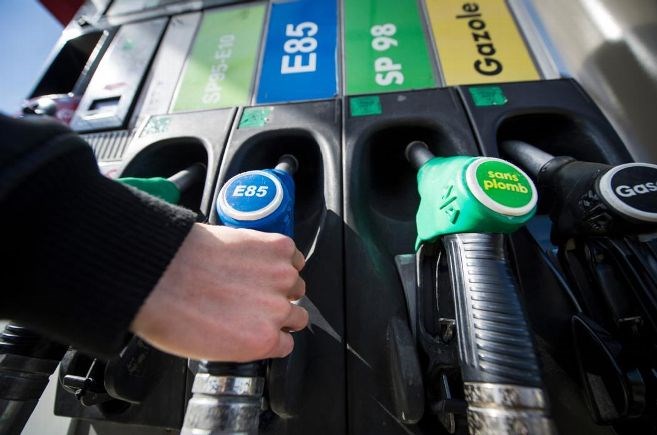Promoting a minimum share of renewable energy in petrol is a practical approach that will promote good biofuels
Renewable ethanol, produced in Europe, achieves an average of 60% GHG emissions savings compared to petrol. Think about that for a second, 60% is really a lot of GHG reductions. Even after ILUC is considered, ethanol is still the most widely-available and cost-effective means to reduce GHGs in transport. These GHG reductions mean that ethanol is of crucial importance to helping Europe achieve its recently renewed climate and energy goals, which will rely heavily on decarbonising the European transport sector, which now represents over a quarter of all EU GHG emissions.
The European Parliament recently recognized ethanol’s important role by voting to introduce a provision for a minimum 6.5% share of renewable energy (ethanol) in petrol. This provision is important because it will prevent ethanol from being squeezed out of the European market under the proposed cap for conventional biofuels (7% = 20 Mtoe) - which could be met entirely by existing biodiesel capacities (21 Mtoe) in Europe.
At ePURE, we believe that the European Parliament’s proposal for a minimum 6.5% share of renewables in petrol is not only extremely necessary but it is also extremely achievable:
- A 6.5% target for renewable energy use in petrol is the equivalent to 5 Mtoe of ethanol, which is 30% less than EU Member States expect to put on the market (7 Mtoe) by 2020, as indicated in their National Renewable Energy Actions Plans.
- The installed production capacities for fuel ethanol in Europe, at 3.5 Mtoe today, already cover 70% of the volumes needed to meet a 6.5% target.
- A target for renewable energy use in petrol will not undermine the flexibility of Member States to meet the 2020 targets, as 13 member states already have a similar target for biofuel use in petrol.
- A full EU roll-out of E10 would in itself achieve the 6.5% objective, whilst simultaneously completing the EU internal market for fuels, given that France, Germany and Finland already use E10
- At least 90% of petrol engines in Europe are already compatible with E10, the fuel blend equivalent of a 6.5% target for renewables in petrol.
The outcome of the recent 2nd reading vote demonstrates that all of the political groups in the European Parliament support the Environment Committee’s proposal for a minimum 6.5% share of renewables in petrol.
Europe’s Member States should respect this decision by integrating this provision as part of a much-expected compromise on ILUC, because the 6.5% target is a practical, achievable and easy to implement measure to ensure that Europe promotes and captures the benefits of the best performing biofuels.
